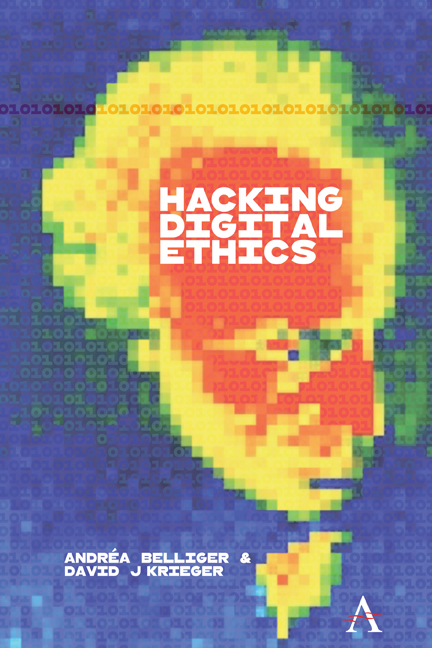Chapter Two - The Breach
Published online by Cambridge University Press: 06 April 2021
Summary
The Philosophical Mythology of Humanism
The Philosophy of Information and Information Ethics The network theory of order that ANT proposes opens new possibilities for understanding what ethics and morality can mean in today's world. The shift of perspective that we have been documenting began with the sociological interpretation of ethics that Durkheim, Luhmann, and Latour developed. These developments potentially place ethical discourse on a fundamentally different terrain than traditional philosophical anthropology with its assumptions of free will and fundamental distinctions between is and ought and subject and object. Furthermore, these developments raise the question of what kind of discourse is the proper home of ethics since neither traditional philosophy nor the social sciences have made it into the twenty-first century unscathed. Ethical discourse at the beginning of the twenty-first century finds itself on a terrain that could be called “posthuman,” since the focus has been shifted away from human nature as an immediately knowable given from which ethical obligations and norms can be derived. Neither the bounded, unitary human individual nor a bounded, unitary social whole seems to still be credible. After Luhmann and Latour, ethics can no longer argue that because human nature is so, this or that ethical norm must be respected. Nevertheless, despite the theoretical advances that the past decades have witnessed, humanist individualism is still the usual form of moral discourse, for example, in discussions of human rights and the moral obligations derived from them. In a posthuman age, however, not only does human nature no longer offer a universal foundation for ethics— who knows what human beings are and what freedom and rationality mean— but also morality must be reconceived to include the agency of nonhumans.
The subject of moral discourse in the twenty-first century is no longer the autonomous rational individual, but complex socio-technical networks. For Luhmann, agency is the operation of an autopoietic and operationally and informationally closed system and not a matter concerning the free will of autonomous individuals. For ANT, the network is the actor, and the network is always made up of heterogeneous, hybrid actors, both human and nonhuman, physical, biological, and technical.
- Type
- Chapter
- Information
- Hacking Digital Ethics , pp. 89 - 186Publisher: Anthem PressPrint publication year: 2021



